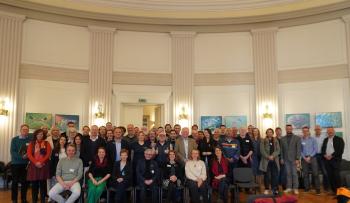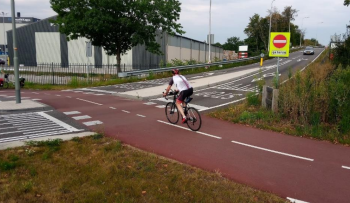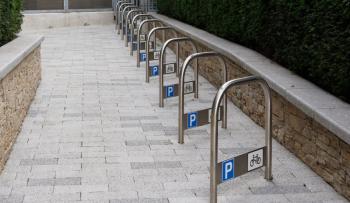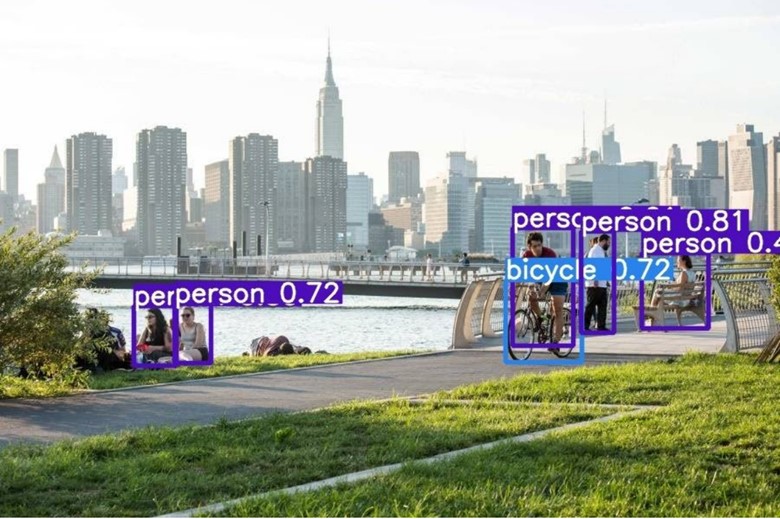
Cycle AI: Utilizing artificial intelligence to ensure safer cycling in cities
Cycle AI wins first place at the first ever European Cyclists’ Federation Hackathon, organized in association with the European Institute for Innovation and Technology’s (EIT) Urban Mobility department. Their proposed solution will encourage more cycling in our cities by using artificial intelligence (AI) technology to assess road safety levels for cyclists.
“One thing that’s stopping users from starting to cycle is not always the exact measures of safety at a certain location, but a negative perception. It is this perception that we want to tackle.” – Cycle AI
What is it?
Ensuring cyclists’ safety is one of the key obstacles for encouraging more cycling in our cities. At the inaugural ECF Hackathon on November 13th, 2020, Cycle AI presented what could be a major breakthrough for solving this problem. Their implementation of state-of-the-art technology to ensure safer cycling impressed the jury panel, who unanimously awarded their solution first place in recognition of its benefits for both infrastructure developers and infrastructure users.
The Cycle AI team is made up of Luís Rita, Portugal; Joan Calvera, Spain; and Miguel Peliteiro, Portugal. Using crowdsourced data from their website, their proposed AI model will estimate a safety score for roads by analyzing images to detect potential hazards for cyclists. The model will then use this data to automatically process images based on Google Street View, widening the scope of analysis to a national scale. (The call for data is still open and actively looking for contributions. If you would like to contribute any known dangerous hotspots for cycling, you can submit your information here).
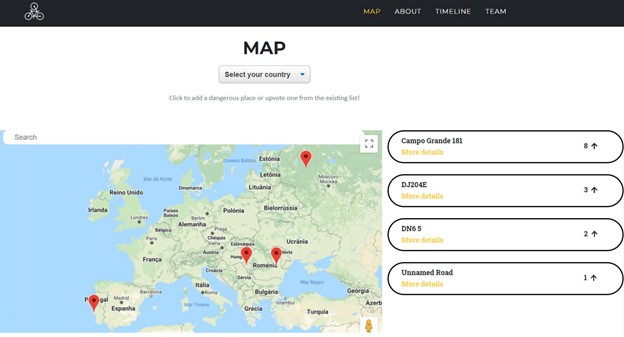
Input map: cyclists can input dangerous areas for cycling via this interactive map on the Cycle AI website.
Who is it for?
The overall aim of the project is to create a comprehensive map of entire countries to exhibit cyclists’ perceived safety levels of roads and infrastructure. Cycling infrastructure developers and town planners will then be able to refer to the Cycle AI database to recognize dangerous hotspots and areas that need improvement based on these perceived dangers. This widespread and readily available insight for planners has the potential to revolutionize cycling infrastructure development, as it will prioritize cyclists’ perceptions of safety when developing urban infrastructure.
Impressively, this technology will not just benefit cycling infrastructure developers, but also infrastructure users. Cyclists will be able to calculate the safest and shortest route by selecting two points of their journey and choosing their preferred path based on its safety rating. As well as this, Cycle AI will enable users to take a photo of a given area, submit it via the website, and obtain a safety score within seconds.
“The jury was very impressed by the way this proposal uses technology to make a link between the users of infrastructure and the providers of infrastructure, through the smart use of artificial intelligence” – Henk Swarttouw, ECF Vice-President and Hackathon jury member
The Cycle AI team have already begun crowdsourcing data for the project and are gathering momentum fast. As champions of the first ever ECF Hackathon, they have won the opportunity to pitch their idea at next year’s Velo-city conference in Lisbon, 2021. The project’s innovativeness has also been recognized elsewhere, with the team winning their second entrepreneurial competition, the Bring Entrepreneurs Together University Challenge, in December 2020. As well as this, the Cycle AI has been featured in the Portuguese newspaper, Publico. You can read the article here.
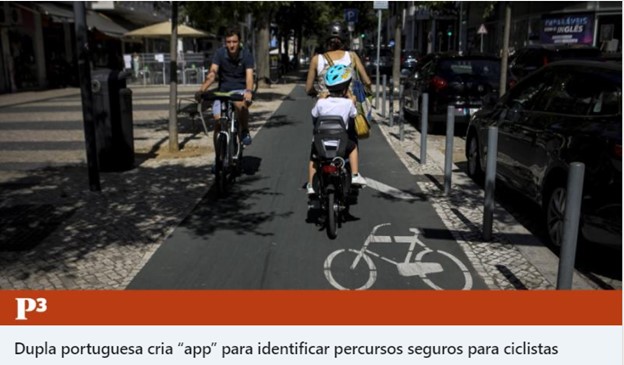
What’s next?
The future is certainly bright for this talented young team of entrepreneurs and their dedication to improving cycling safety for all is an exciting and inspirational prospect. You can find out more about Cycle AI by visiting their website, or following them on Facebook, Instagram, and LinkedIn.
You can also read more about ECF's first ever Hackathon here, as well as our 3rd place runners-up, RD Cycle Solution, by clicking here, and 2nd place runners-up, Urban Laab, by clicking here
“We would like to thank ECF and the DigiEduHack folks for the amazing opportunity. It was the first time competing with this project. The event sparked so many wise ideas and points of view that participating was worth the effort already - it even got us an enthusiastic international partner who fits us just right!” – Cycle AI
As we enter the new year, more funding is due to be made available for cycling from both the European Commission and the European Investment Bank. Therefore, it is important that innovative ideas which encourage more cycling are showcased and promoted. We at ECF are committed to doing exactly this and after the great success of our first ever Hackathon, we are excited to do more to ensure that our cities continue to include more cycling!
Regions:
Network/Project Involved:
Contact the author
Recent news!
Contact Us
Avenue des Arts, 7-8
Postal address: Rue de la Charité, 22
1210 Brussels, Belgium

